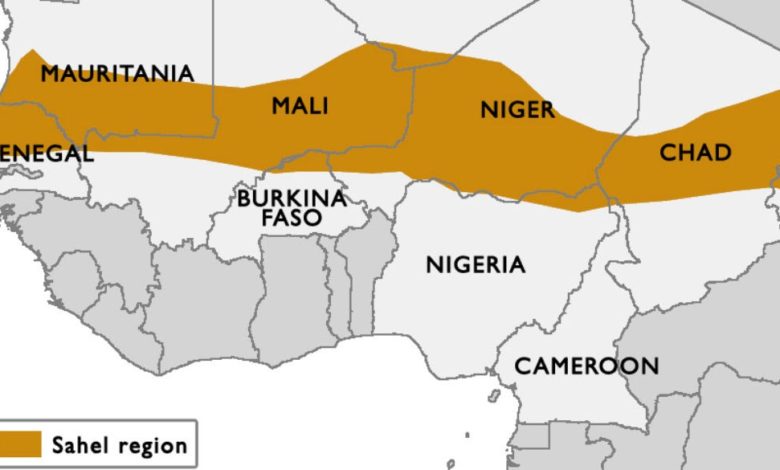Civilians In 3 Sahel Countries Experiencing The Impact Of War — ICRC
The International Committee Of the Red Cross (ICRC) has said ceaseless violence has been causing immense suffering for the civilian population in Burkina Faso, Mali, and Niger.

The International Committee Of the Red Cross (ICRC) says the war situation in areas of Liptako Gourma, which straddles the borders of Burkina Faso, Mali, and Niger, has grown dramatically, increasing the suffering of an already vulnerable civilian population.
Patrick Youssef, the ICRC’s Regional Director for Africa, described the dire humanitarian situation in an opinion piece published by Jeune Afrique on Saturday, Aug. 21.
“On Friday, 13 Aug., 37 people, including 13 children, were killed by armed men in the region of Tillabéri in Niger, near the border with Mali. It was the latest illustration of the ceaseless violence that has been causing immense suffering for the civilian population,” Youssef said.
The regional director cited a case of Adja who was seriously wounded when an armed gang began firing indiscriminately when she was 13-year-old.
“She had survived by playing dead. She was rushed to the emergency room at Mopti Hospital in Mali, where my colleagues operated on her. After three months convalescing, Adja was well enough to leave the hospital and stay with a family in her village who also survived the attack. But now, she is left disabled,” he disclosed.
In the Sahel, he said, civilians face a backdrop of political impasses, economic crises, and climate shocks, adding that local people face a steady stream of indiscriminate attacks and intense military operations.
“Men, women and children have been killed or injured in these three countries since the beginning of the year. More and more improvised explosive devices are blowing cars and ambulances off the roads.”
According to him, ICRC staff in Mali alone has recorded 40 incidents in 2020, impacting 224 civilians, of whom 163 were injured and 61 killed.
Youssef further stated that healthcare facilities are not safe from the violence either, hospitals are no longer places of sanctuary, doctors and nurses have been attacked, and ambulances and medicines stolen; depriving thousands of people life-saving access to healthcare.
In their desperation to curb the violence, he said, governments have turned to their armies, recruiting auxiliary fighters from among the civilian population. At the same time, local people have formed self-defence militias. All this comes at a price.
The implication to civilians taking part in combat under the guise of self defence is the loss of protection status under the law of wars as well as increased tensions among communities because of more weapons accessible to people.
Estimates show that about 1.5 million people currently live in areas at high risk of being cut out from access to basic services and humanitarian aid, hence the need for dialogue with parties affected, he said.
This is in addition to more than two million people displaced by armed conflict and violence which is forcing many who have no other choice than moving to urban areas in the hope of finding opportunities to survive.
But as the urban population rises, access to natural resources and public services – including hospitals, schools, drinking water and arable land – becomes increasingly difficult in an environment made already fragile by climate change.
Support Our Journalism
There are millions of ordinary people affected by conflict in Africa whose stories are missing in the mainstream media. HumAngle is determined to tell those challenging and under-reported stories, hoping that the people impacted by these conflicts will find the safety and security they deserve.
To ensure that we continue to provide public service coverage, we have a small favour to ask you. We want you to be part of our journalistic endeavour by contributing a token to us.
Your donation will further promote a robust, free, and independent media.
Donate HereStay Closer To The Stories That Matter




